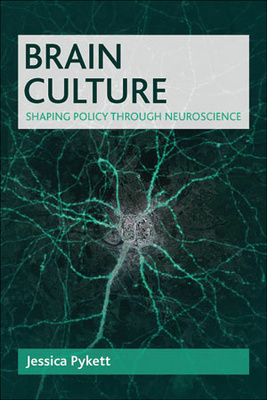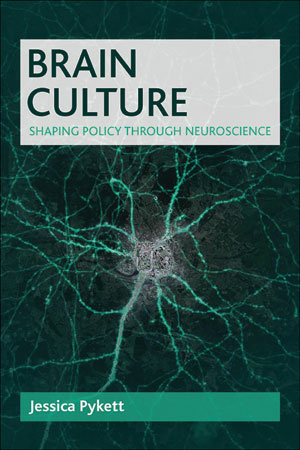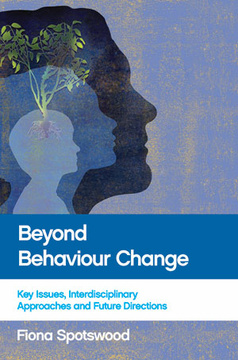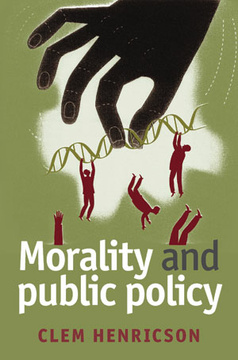Published
Jan 18, 2017Page count
214 pagesISBN
978-1447314059Dimensions
234 x 156 mmImprint
Policy PressPublished
Jul 22, 2015Page count
214 pagesISBN
978-1447314042Dimensions
234 x 156 mmImprint
Policy PressPublished
Jun 1, 2016Page count
214 pagesISBN
978-1447321460Imprint
Policy PressPublished
Jun 1, 2016Page count
214 pagesISBN
978-1447321477Imprint
Policy PressThis unique book offers a timely analysis of the impact of rapidly advancing knowledge about the brain, mind and behaviour on contemporary public policy and practice. Examining developments in behaviour change policies, neuroscience, architecture and urban design, education, and workplace training programmes the book analyses the global spread of research agendas, policy experiments and everyday practice informed by ‘brain culture’. It offers an alternative, geographically informed set of explanations for what matters in explaining how people behave and how citizens’ behaviour should be governed. It will be of interest to students and academics across the social and behavioural sciences.
"Pykett’s uniquely geographical perspective on the psycho-spatial connects brain culture to city design, educational spaces and affective workplaces, arguing cogently for a politically engaged approach to the worldly implications of brain research." Gail Davies, University of Exeter
“Amid the profusion of literature on neuroscience and its implications for society comes this welcome and necessary intervention. With characteristic clarity, precision and depth, Jessica Pykett charts the full reach of neuroscientific and behavioural explanations that are used to shape the policies and practices through which we are governed.” Elizabeth Gagen, Aberystwyth University
Jessica Pykett is a social and political geographer at the University of Birmingham, UK. Her research to date has focussed on the geographies of citizenship, education and behavioural forms of governance. Her previous books include The Pedagogical State and Changing Behaviours (with Rhys Jones and Mark Whitehead). She teaches on the spatial politics of welfare, work and wealth.
Introduction: governing through brain culture;
Brain culture in context;
Designing cerebral cities;
Teaching the learning brain;
Managing workplace emotions;
Conclusion. What is at stake in the brain world?.
















